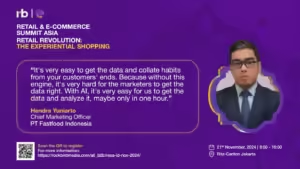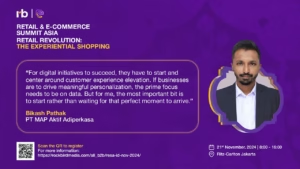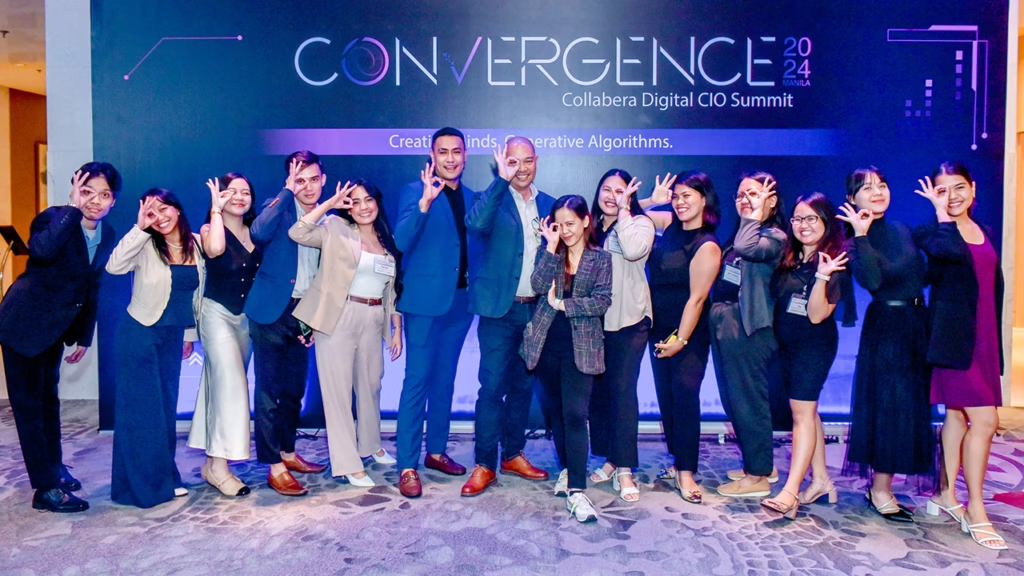The Department for Work and Pensions (DWP) has unveiled a comprehensive new resource designed to assist employers in better accommodating and supporting disabled individuals in the workforce.
Produced in partnership with the Chartered Institute of Personnel and Development (CIPD), the freshly released Disability Confident guide is a pivotal component of the DWP’s £2.5 billion Back to Work initiative, aimed at enhancing employment opportunities for all.
The guide furnishes managers with practical insights into recruiting, managing, and nurturing individuals with disabilities or health conditions. It covers a spectrum of topics ranging from legal obligations and communication protocols to facilitating reasonable adjustments and fostering career progression discussions.
Specific provisions cater to addressing nuances such as Long Covid, neurodiversity, mental health concerns, learning difficulties, and sensory impairments. Additionally, guidance is provided on optimal job advertising channels and implementing workplace adjustments.
With the DWP already surpassing its target of facilitating one million more disabled individuals into employment by 2027, the Disability Confident scheme continues to gain traction. This initiative encourages organizations to pledge commitment to fostering inclusive cultures and practices, thus earning ‘disability confident’ status.
Minister for Disabled People, Health, and Work, Mims Davies, underscored the guide’s significance in advancing accessibility and inclusivity in the UK workforce, emphasizing the government’s ongoing dedication to this cause.
CIPD Chief Executive, Peter Cheese, echoed these sentiments, stressing the importance of equipping managers with the tools needed to harness the full potential of disabled individuals in the workplace.
While the government’s recent disability action plan received scrutiny for purportedly overlooking critical issues faced by disabled individuals in employment, initiatives like the Disability Confident guide represent significant strides towards rectifying existing disparities and fostering a more equitable professional landscape.





















